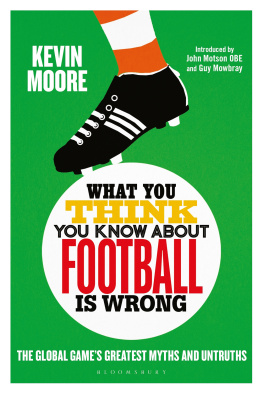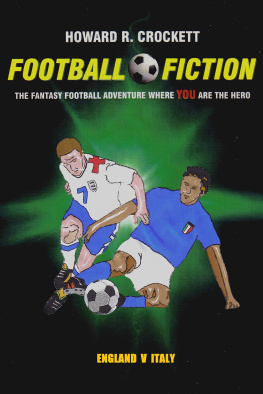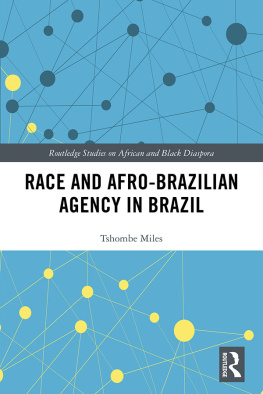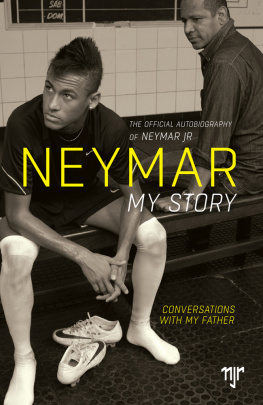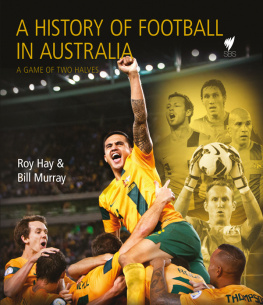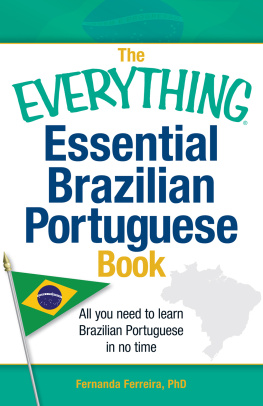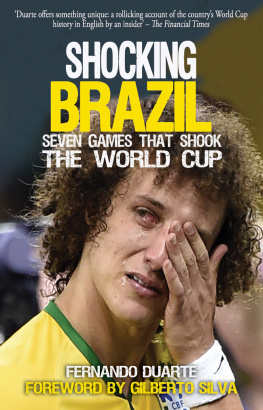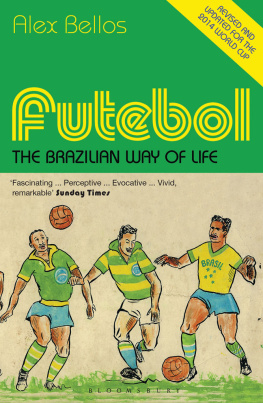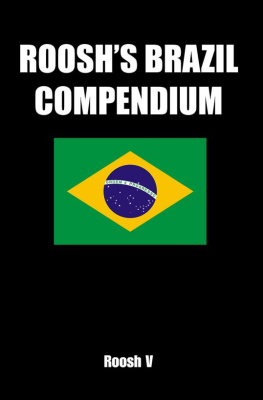


First published in Great Britain in 2014 by
ARENA SPORT
An imprint of Birlinn Limited
West Newington House
10 Newington Road
Edinburgh
EH9 1QS
www.arenasportbooks.co.uk
Copyright Fernando Duarte, 2014
ISBN: 978-1-909715-16-5
eBook ISBN: 978-0-85790-802-5
The right of Fernando Duarte to be identified as the author of this work has been asserted by him in accordance with the Copyright, Designs and Patents Act 1988.
All rights reserved. No part of this publication may be reproduced, stored, or transmitted in any form, or by any means electronic, mechanical or photocopying, recording or otherwise, without the express written permission of the publisher.
Every effort has been made to trace copyright holders and obtain their permission for the use of copyright material. The publisher apologises for any errors or omissions and would be grateful if notified of any corrections that should be incorporated in future reprints or editions of this book.
British Library Cataloguing-in-Publication Data
A catalogue record for this book is available on request from the
British Library.
Designed and typeset by Polaris Publishing, Edinburgh
Printed by Clays, St Ives
CONTENTS

DEDICATORY
To Barbosa, wherever this might find him.
After almost 20 years of being involved with Brazilian football in a professional capacity, it is a privilege to have an opportunity to pay tribute to the game and to my country in this book. The list of people who helped make this work possible is huge but Id like to thank specifically Peter Burns and Neville Moir at Arena Sports and my agent David Riding for their courage in taking this leap of faith with me. This work would not be possible without the collaboration of some of the great names in Brazilian football history and once again Id like to thank former and current players for the time they gave to my questions, especially when they mostly related to some painful memories. I am especially grateful to Zico and Falco, who made the life of a Brazilian boy back in the 80s something a little less ordinary.
A special hug goes to my father, Marcos Duarte, whose attitude of loving the game while not closing his eyes to its shortcomings has been an inspiration as strong as the afternoons we faced traffic and scorching heat to watch games at the Maracan. To my mom, Yane, an acknowledgement that she wasnt THAT wrong when telling me I should focus on writing about football rather than trying to play it for a living.
Finally, Id like to thank profusely friends, family and colleagues who have put up with my mood swings and antisocial work hours over the last months, in particular my beloved wife Fleur and the little joys of my life, Cecilia and Sebastian. You are my guiding lights.
Ask any Brazilian footballer and they will undoubtedly say that playing for our national team the Seleo, as we call it is the highest professional and personal honour he can aspire too. In over 15 years as a professional player, I have been blessed with the opportunity to play 93 matches for my country and represent Brazil in three World Cups. While being part of the 2002 winning side was unquestionably the pinnacle of my career, the two tournaments where we returned home early have never faded from my memory. Those were hurtful experiences, I can tell you, but they also taught me a great deal about life and the game. They showed, above all, how winning a competition like the World Cup is an outcome that relies upon so much more than simply having good players.
Brazil are the team that everybody wants to beat thanks to their outstanding record in the World Cup. But at the same time, I feel this record also poses a grave a threat to Brazilian football, for it serves as a perfect excuse for sticking to the status quo. Even when there are clear and troubling signs that the game in Brazil needs an overhaul, many people both abroad and at home are unaware of the serious organisational problems at the heart of Brazilian football that need to be addressed for the benefit of all stakeholders, from fans to the clubs, if we are to remain as a superpower in the world game.
In this book, Fernando Duarte is not being pessimistic when he focuses on the sad chapters in Brazilian football history. Throughout his tour of World Cup defeats he points out mistakes and lessons learned both on and off the pitch. He also addresses the need for some soul searching as the rest of the world catches up with the Seleo. Like me, Fernando has spent a great deal of his career abroad and from this perspective he has been able to observe that Brazil can sometimes be accused of hiding behind its past successes instead of looking to build upon them.
In late 2013, a group of Brazilian players returned home to help found a player movement that demanding reforms in the way the game is organised, played and run in my country. We called it FC Common Sense. More than simply hailing the good practices we had experienced abroad, we wanted to show the need for collective engagement in improving the standards of the whole football experience in Brazil. A crucial part of our agenda is to show the world that Brazilian football should not be guided by stereotypes and myths and that our problems need to be explained, analysed and understood.
Shocking Brazil aims to do exactly that. Impressive as Brazils record is, we have to be humble enough to accept we cant be the best in the world all the time. Humble enough to accept our mistakes. And humble enough to learn from them. There is no shame in that.
Gilberto Silva
2002 World Cup Winner
and a member of the Arsenal 2003/4 Invincibles
P EL. THE 1970 World Cup team. The Beautiful Game. Brazilian football has become synonymous with sporting excellence. Supporters and admirers from every part of the globe are able to recount, recall or refer to joyful tales about Brazils unmatched achievements, especially the ones relating to World Cup glory. Little attention has been paid, however, to the occasions where Brazil failed spectacularly at the sports blue riband event. Many followers of the sport will be aware of the Maracanazo of 1950, in which Brazil were painfully defeated in the World Cup final by neighbours Uruguay in front of a reported crowd of 200,000 in Rio de Janeiro, or the beautifully-flawed team of 1982, whose flamboyant style of play fell short of winning the trophy but still managed to enchant fans and media. There have been many books about Brazils golden moments and some interesting accounts of how football achieved a much more intense status in Brazilian society than in many other countries traditionally linked to the game. However, previous narratives generally overlook the crucial transformations undergone by Brazilian football and Brazil itself as a result of the Seleo (the most famous nickname for the national team) failures.
The following pages journey through the defeats that changed the face of Brazilian football. Choosing them was far from an easy task, even if an emblematic game such as the 1950 final obviously picked itself. Even as the most successful footballing nation in the world, Brazil have obviously lost games. The idea here was to choose occasions where circumstances not simply restricted to the pitch had an impact upon results and the consequences thereafter. Given the cultural and financial importance that the World Cup holds as footballs premier tournament, it has been around this competition that the most significant defeats and the changes that came in their wake have occurred. Shocking Brazil revisits six World Cup defeats that led to mutations in Brazilian football, for better or for worse, and the fallout from which spread well beyond the sporting sphere. The 1950 World Cup final once again rears its head as the classic example: that defeat had such a deep impact on the national psyche that it led to the Seleo ditching the colours of their kit in an attempt to exorcise the awful spectre of that match from the nations conscience. But that game also resulted in one the most regrettable chapters in Brazils struggles against racism, as shall be discussed.
Next page


